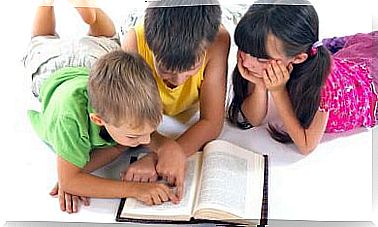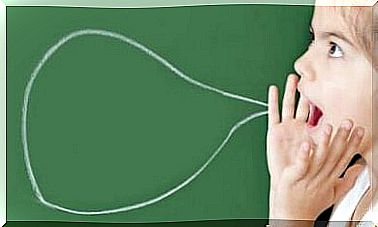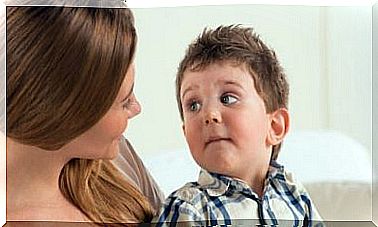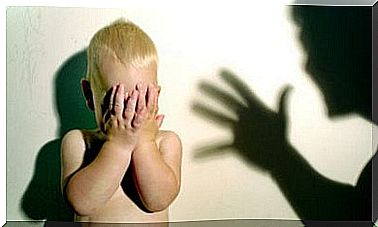Guilt In Children

Although childhood appears to be a simple and light period of life, children’s inner world is richer and more complex than we think. When we are little, we begin to develop beliefs and emotions that will stay with us for a lifetime, including the feeling of guilt.
What is the feeling of guilt?
The feeling of guilt in children can be defined as the emotional restlessness that arises after committing an action that is considered inappropriate or that hurts others. It is precisely because of children’s nobility of heart that guilt has a special impact on them.
This is a powerful, harmful and paralyzing emotion. If during childhood we don’t learn to manage it properly, we can condition our personality and our reactions throughout life.
Where does the feeling of guilt come from?
However, guilt is not something innate, which we are born with. Guilt is a social feeling that we learn and acquire through our experiences.

Much of our vision and our relationship to guilt depends on the education received and therefore the work of our families and teachers. From an early age we look to the adults in our lives to judge and blame other people and themselves. In this way, unconsciously, we imitate their behavior pattern.
It is also very common for adults to use guilt as an educational method to make children see the consequences of their actions. But it is very important to maintain conscious and coherent discipline, not just based on the adult’s own uncontrolled emotional reactions.
guilt or responsibility
As human beings, we all make mistakes in life. Sometimes we perform actions that, sooner or later, we recognize as incorrect. That’s when the parenting style we were brought up with comes into play, providing some or other feelings in such a circumstance.
children raised in guilt
A child raised in guilt is used to seeing uncompromising judgments in his or her environment. If we continually recriminate what the child does wrong, we will be damaging his self-esteem. This kind of accusation does not lead to reflection and action, but rather to stagnation.
The child who lives these experiences will be anchored in this emotional discomfort because he has not been given the resources to manage it any other way. This response pattern can eventually condition your life, causing insecurity, fear and self-discrimination.
This will also affect your interpersonal skills, as a child raised in guilt is more vulnerable to this feeling, being able to be easily manipulated or to become manipulative.
children raised in responsibility
While it is necessary to convey to children the difference between good and evil and to establish norms and boundaries for them, we must do this through responsibility.
The main difference is that, from this approach, the natural consequences of the acts are highlighted, not the penalties imposed. We must promote our children’s moral autonomy, guiding them to act according to values, not out of obligation or fear.
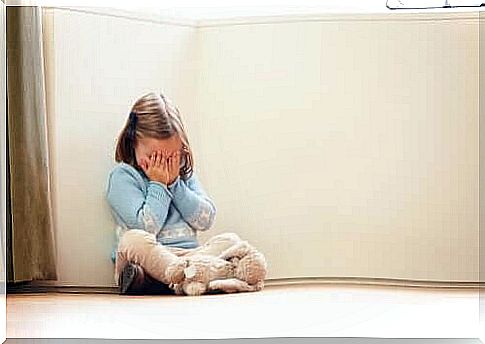
We must help them to reflect on their actions and consequences in constructive ways, always highlighting the step to action. Once the flaw is recognized, the key is to find a way to change it and learn from mistakes. Once this is done, the emotion should disappear. Staying grounded only causes useless suffering.
How to raise responsible and not guilty children?
- Become responsible for your own emotions. One of the behaviors that hurts children the most is when parents make them feel guilty about their own anger or discomfort. Remember that you are responsible for managing your emotions. So don’t delegate this burden to your children.
- Teach your child to define blame. Help him to reflect on his share of responsibility in the matter and what does not correspond to it. Guide him so that he doesn’t carry excessive guilt or demand.
- Encourage emotional expression. Being able to express and share the feeling of guilt helps us to break out of isolation and manage it in a more appropriate way.
- Always emphasize the importance of action. Reflect on mistakes to correct them or, failing that, ask for forgiveness. And therefore, never get stuck in the discomfort this can cause.


